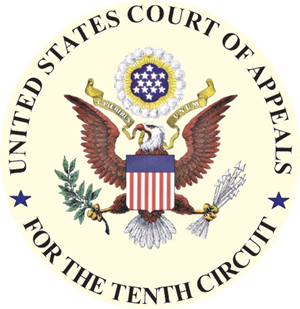March 10, 2016 •
Appeals Court Affirms Ruling Concerning Colorado State Issue Committee Disclosure
 In Coalition for Secular Government v. Williams, the United States Court of Appeals for the 10th Circuit affirmed a lower court’s ruling declaring the state’s issue committee regulatory framework unconstitutional as applied to the plaintiff, but declined to address the facial validity of the Colorado Constitution’s $200 threshold for issue committee reporting. However, the appeals court did emphasize there must be a legitimate public interest in requiring financial disclosure from issue committees. Moreover, the strength of the public’s interest in issue committee disclosure depends, in part, on how much money the issue committee has raised or spent.
In Coalition for Secular Government v. Williams, the United States Court of Appeals for the 10th Circuit affirmed a lower court’s ruling declaring the state’s issue committee regulatory framework unconstitutional as applied to the plaintiff, but declined to address the facial validity of the Colorado Constitution’s $200 threshold for issue committee reporting. However, the appeals court did emphasize there must be a legitimate public interest in requiring financial disclosure from issue committees. Moreover, the strength of the public’s interest in issue committee disclosure depends, in part, on how much money the issue committee has raised or spent.
The court went on to agree with the 9th Circuit’s characterization of the sliding scale by noting “. . . the value of this financial information to the voters declines drastically as the value of the expenditure or contribution sinks to a negligible level. As the monetary value of an expenditure in support of a ballot issue approaches zero, financial sponsorship fades into support and then into mere sympathy” [Appellate Case: 14-1469; see Canyon Ferry Rd. Baptist Church of E. Helena, Inc. v. Unsworth, 556 F.3d 1021, 1033 (9th Cir. 2009)].
In its earlier holding, the lower court advised state lawmakers the secretary of state will “be on the hook for fees every time a group, like the Coalition for Secular Government, falls under the $200 trigger for issue committee status and has to sue to vindicate its First Amendment rights” [D.C. No. 1:12-CV-01708-JLK].
State and Federal Communications, Inc. provides research and consulting services for government relations professionals on lobbying laws, procurement lobbying laws, political contribution laws in the United States and Canada. Learn more by visiting stateandfed.com.


